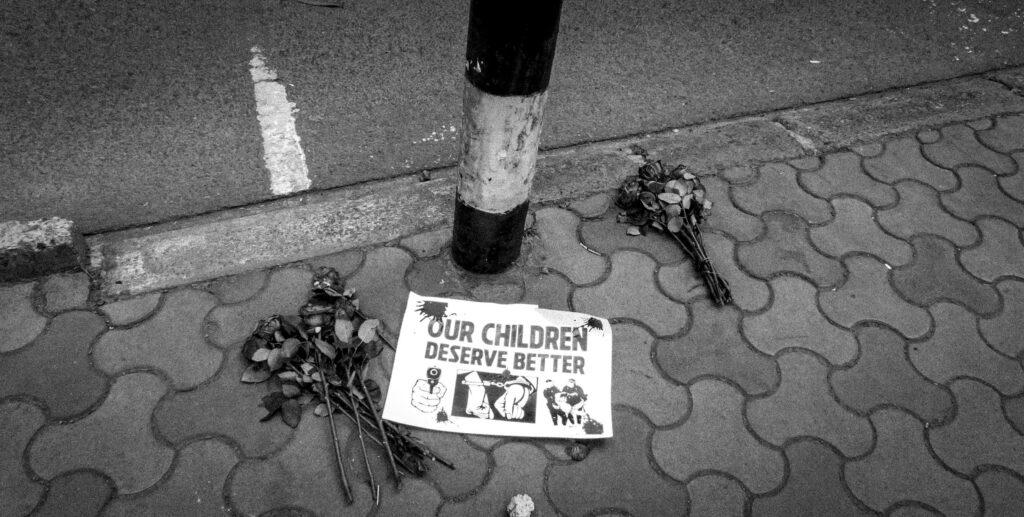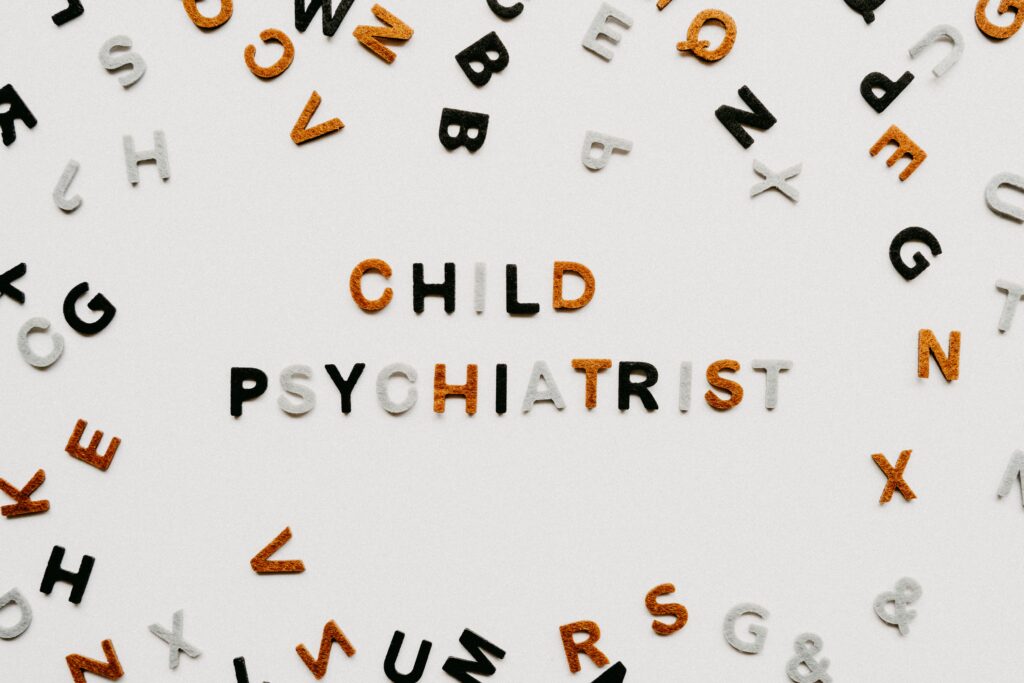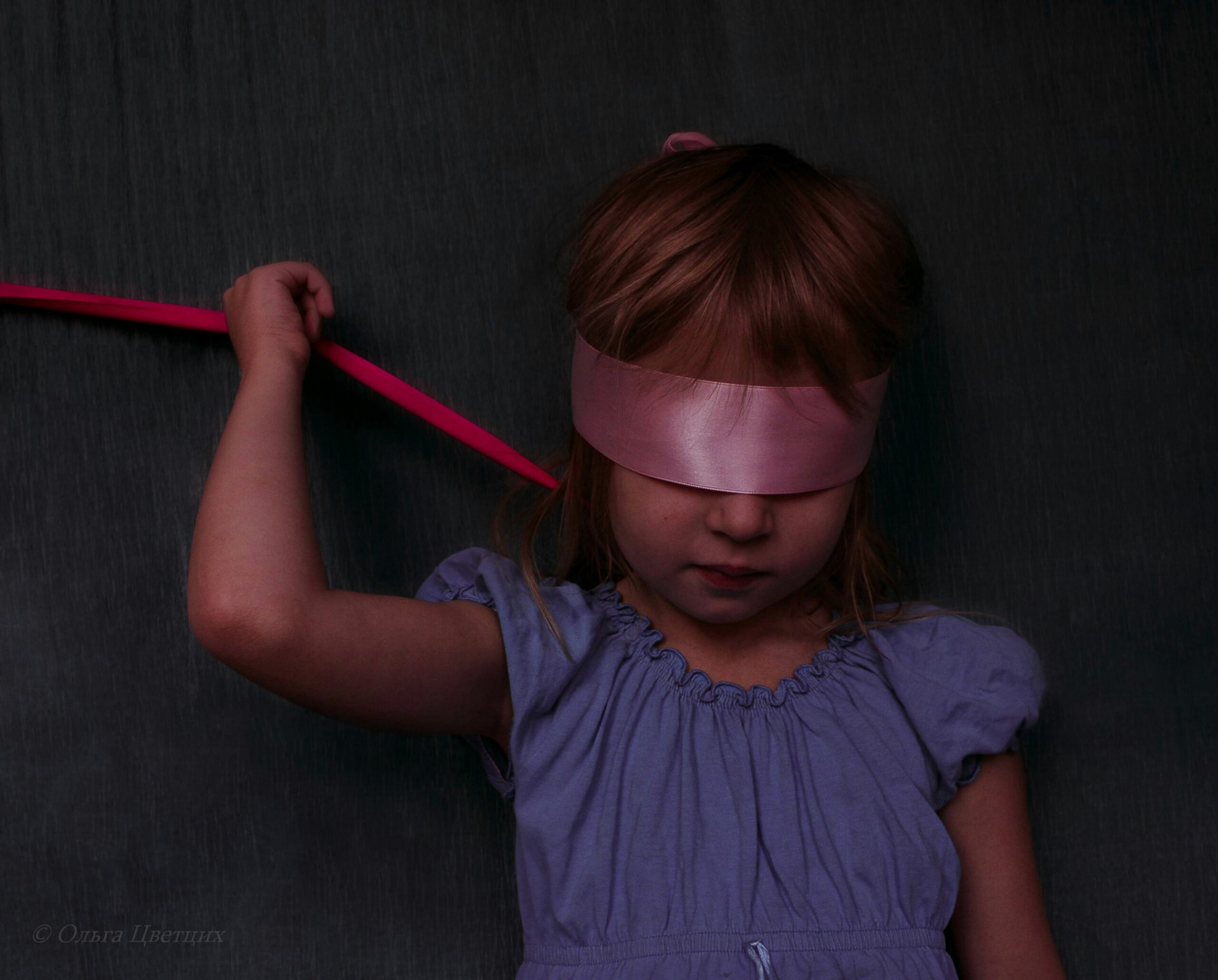As a parent, ensuring your child’s physical health is a top priority. However, mental
health is just as crucial, and monitoring it can help identify potential issues early on.
Why Monitor Your Child’s Mental Health?
Children face various challenges, from bullying and academic pressure to social media
influences. Monitoring their mental health helps you:
- Identify potential issues:
Recognize signs of anxiety, depression, or other mental health concerns. - Provide support:
Offer guidance and resources to help your child cope with challenges. - Foster a positive relationship:
Build trust and open communication with your child.
Signs to Watch For
i. Changes in mood: Increased irritability, sadness, or anxiety.
ii. Behavioral changes: Withdrawal, aggression, or sudden mood swings.
iii. Academic performance: Decline in grades or lack of interest in activities.
iv. Social interactions: Difficulty making friends or avoiding social situations.
How to monitor your child’s mental health
Seek professional help: Consult with mental health professionals if you notice
persistent concerns.
Open communication: Regularly talk to your child, listening actively and
without judgment.
Observe behavior: Pay attention to changes in mood, behavior, or habits.
Encourage expression: Support your child in expressing their feelings and
emotions.


Supporting Your Child’s Mental Health
Stay involved:
Engage with your child’s life, interests, and activities.
Conclusion
Monitoring your child’s mental health is essential for their overall well-being. By
being aware of potential signs and providing support, you can help your child thrive..
Model healthy habits:
Prioritize self-care and stress management.
Foster a positive environment:
Encourage positivity, resilience, and self-esteem.


Leave a Reply